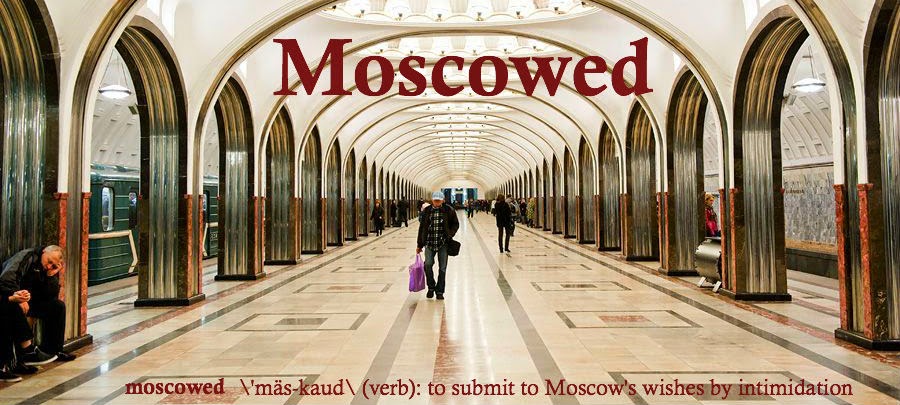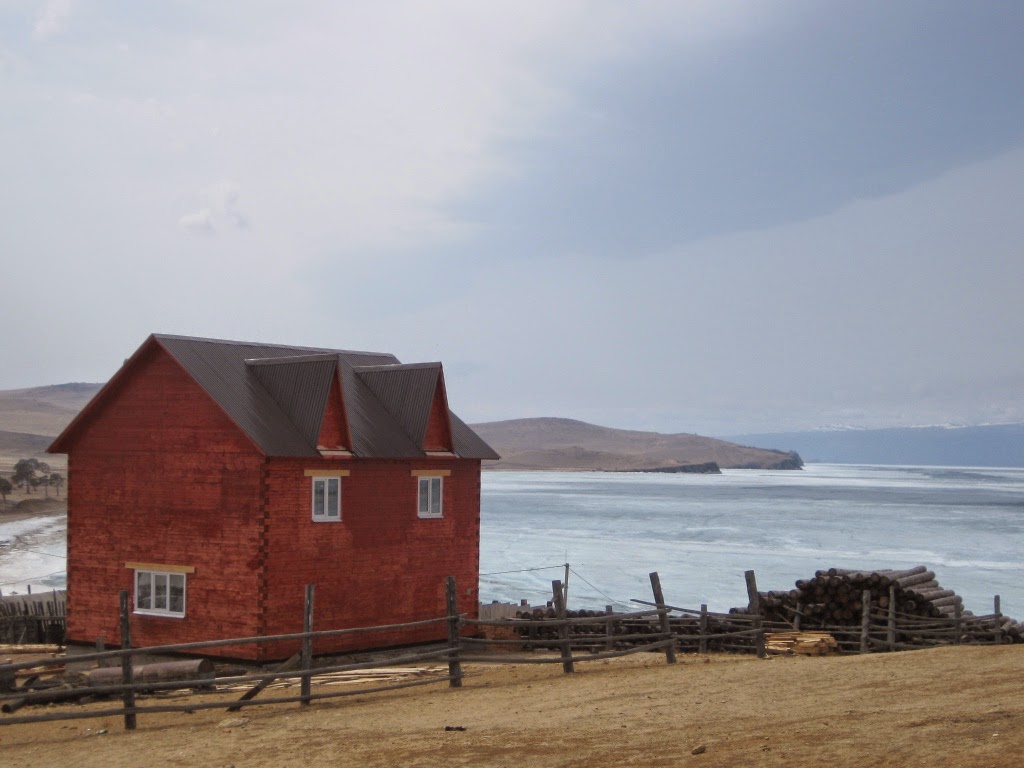I had every intention of writing one final post and shutting down Moscowed for good. I’m no longer in Moscow, and no longer being cowed by it. My eternal struggle with the Russian soft sign has been replaced with attempts to say “y’all” like a local, and Campus Carry scares me more than the FSB ever did. But to say that I’ve fully abandoned Moscow would be untrue.
I find myself in Moscow every time I sit down to work on my novel. Even if I’m in a UT library, surrounded by students in orange Longhorn apparel, or dying of AC overload in a local cafe, I’m also in Moscow. I’m typing the city into existence on my computer screen, and cobbling together memories to form its streets, its smells, and its soul. I drift in and out of the Motherland on a daily basis, but especially on Mondays, Wednesdays, and Fridays, which is when I have Russian class.
In addition to a writing workshop and a Master’s seminar, I’m also taking Russian with a bunch of undergrads. On our first day of class, the teacher paired us off and told us to introduce ourselves by saying our name, where we’re from, our age, and one interesting fact about ourselves.
“TRIDTSAT?!” my 20-year-old partner repeated when I told her my age.
“Yep, I’m 30.”
“Wait, so is that your interesting fact?”
“No, that’s my age! Which we were supposed to say.”
“Oh, I didn’t understand anything the teacher said. My Russian sucks.”
Despite the fact that I’m the oldest person in the class (other than the professor), I’m sticking with it. And if Russia is still going to be a fixture in my life, it seems like I might as well keep the blog alive a little longer. I know they say that all good things must come to an end, but if Putin’s still releasing manly photos of himself then clearly that time hasn’t come yet.
I find myself in Moscow every time I sit down to work on my novel. Even if I’m in a UT library, surrounded by students in orange Longhorn apparel, or dying of AC overload in a local cafe, I’m also in Moscow. I’m typing the city into existence on my computer screen, and cobbling together memories to form its streets, its smells, and its soul. I drift in and out of the Motherland on a daily basis, but especially on Mondays, Wednesdays, and Fridays, which is when I have Russian class.
In addition to a writing workshop and a Master’s seminar, I’m also taking Russian with a bunch of undergrads. On our first day of class, the teacher paired us off and told us to introduce ourselves by saying our name, where we’re from, our age, and one interesting fact about ourselves.
“TRIDTSAT?!” my 20-year-old partner repeated when I told her my age.
“Yep, I’m 30.”
“Wait, so is that your interesting fact?”
“No, that’s my age! Which we were supposed to say.”
“Oh, I didn’t understand anything the teacher said. My Russian sucks.”
Despite the fact that I’m the oldest person in the class (other than the professor), I’m sticking with it. And if Russia is still going to be a fixture in my life, it seems like I might as well keep the blog alive a little longer. I know they say that all good things must come to an end, but if Putin’s still releasing manly photos of himself then clearly that time hasn’t come yet.


















































